The highly anticipated first hotel in Saudi Arabia's futuristic NEOM megacity has finally opened its doors for a trial operation period, offering the world a tantalizing glimpse into what the future of hospitality might look like in this $500 billion giga-project. As journalists and select guests become the first outsiders to experience this architectural marvel, early impressions suggest NEOM is delivering on its promise to redefine luxury living through cutting-edge technology and avant-garde design.
Perched along the pristine coastline of the Gulf of Aqaba, the hotel (whose official name remains under wraps as part of NEOM's signature air of mystery) emerges from the desert landscape like a mirage made real. Its fluid, organic architecture appears to grow naturally from the surrounding terrain, with sweeping curves that mimic the wind-sculpted sandstone formations of northwestern Saudi Arabia. This isn't just a place to sleep - it's a statement about humanity's potential to build in harmony with nature rather than in opposition to it.
The interior experience begins with what's notably absent - there's no traditional check-in desk, no room keys, and surprisingly little visible technology despite the property being arguably the most advanced hotel on Earth. Guests are instead greeted by "experience architects" who use discreet biometric scanning to handle registration while offering personalized welcome beverages infused with locally foraged herbs. The entire arrival process takes about 90 seconds, a radical departure from the queues and paperwork that plague even the world's finest luxury hotels.
Walking through the hotel's central atrium feels like stepping into a living ecosystem. A breathtaking "vertical garden" spanning fifteen stories incorporates thousands of plant species from across the Arabian Peninsula, their maintenance handled by a discreet army of robotics that resemble oversized insects more than industrial machines. The air carries subtle fragrance notes that change throughout the day - frankincense at dawn, citrus at midday, oud in the evening - all automatically adjusted by the building's environmental systems to complement circadian rhythms.
Guest rooms defy conventional categorization, with movable walls that allow spaces to transform from cozy sleeping pods into expansive entertainment suites at voice command. The beds feature NASA-inspired sleep technology that subtly adjusts firmness and temperature throughout the night, while "smart glass" windows can display everything from real-time star maps to abstract digital art. Perhaps most remarkably, there are no visible light switches or control panels - the rooms respond to gestures, voice, and even anticipates needs through biometric monitoring so subtle most guests won't notice it's happening.
Dining at the hotel proves equally revolutionary. The signature restaurant sources 80% of its ingredients from NEOM's experimental vertical farms and lab-grown protein facilities. A tasting menu might include molecular gastronomy interpretations of ancient Bedouin recipes alongside entirely new food concepts developed by the project's culinary scientists. The wine list features some surprising local vintages - Saudi Arabia's nascent wine industry being one of NEOM's more controversial but undeniable successful agricultural experiments.
What truly sets this property apart is how seamlessly technology integrates with human-centric design. Unlike many "smart hotels" that feel coldly automated, NEOM's flagship property uses its technological wizardry to create deeper human connections. Staff members are freed from mundane tasks to focus on crafting genuine experiences - whether that's arranging a midnight desert astronomy session or curating a completely personalized shopping experience at the concept boutique. Even the spa's AI systems don't replace therapists, but rather equip them with hyper-accurate biometric data to enhance traditional healing practices.
Early guests report some expected hiccups - a voice command misinterpreted here, a next-generation toilet that required explanation there - but these are overshadowed by the overwhelming sense of experiencing something genuinely new. The hotel doesn't feel like a prototype so much as a fully realized vision of where hospitality could be heading. From the way its solar-reactive facade eliminates the need for air conditioning to how its water recycling systems make it 90% more efficient than comparable luxury properties, every element serves both indulgence and sustainability without compromise.
As NEOM prepares to officially announce the hotel's name and begin taking reservations later this year, the trial operation period is proving invaluable. The development team is gathering data on everything from which high-tech features guests actually use to how the building's microbiome develops with human interaction. What's already clear is that this isn't just another luxury hotel - it's the first physical manifestation of Saudi Arabia's audacious vision for the future, and a compelling argument that NEOM might actually deliver on its extraordinary promises.
The implications extend far beyond hospitality. If NEOM can scale this level of innovation across an entire city - maintaining the perfect balance between technological advancement and human warmth - it could rewrite the rules of urban living. For now, the world watches with fascination as this first daring experiment in future-living opens its doors, offering not just a night's accommodation, but a glimpse into one possible version of tomorrow.

By Megan Clark/Apr 11, 2025
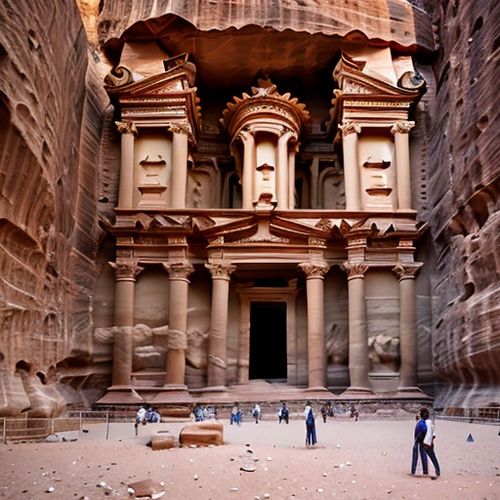
By John Smith/Apr 11, 2025
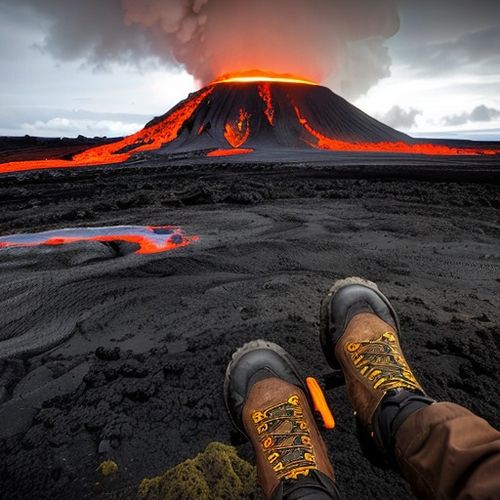
By James Moore/Apr 11, 2025

By Victoria Gonzalez/Apr 11, 2025
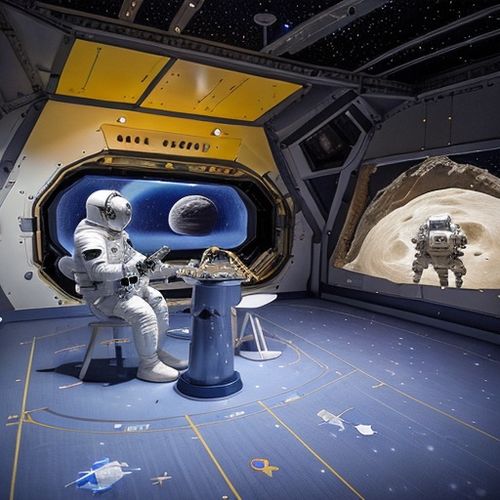
By John Smith/Apr 11, 2025
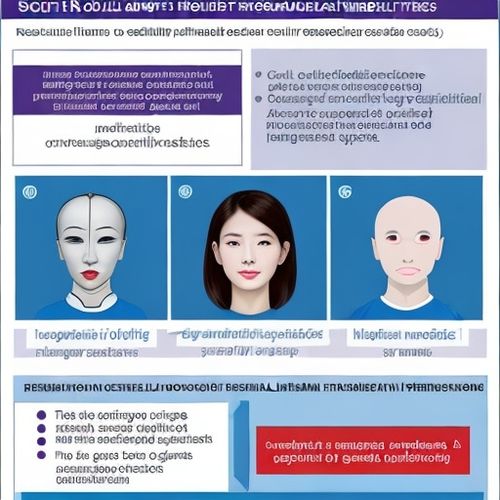
By Rebecca Stewart/Apr 11, 2025
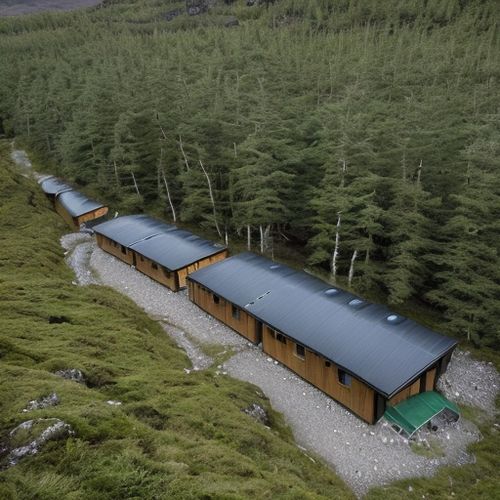
By Megan Clark/Apr 11, 2025

By John Smith/Apr 11, 2025
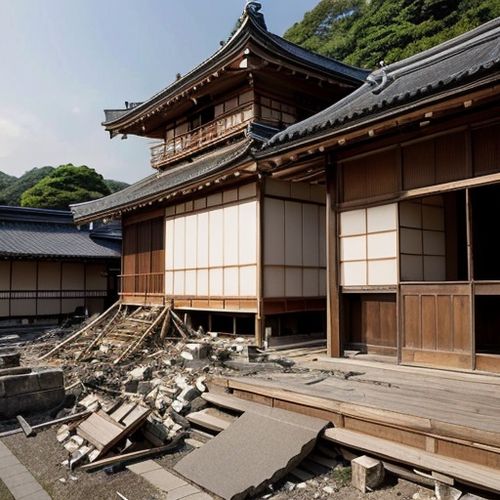
By Ryan Martin/Apr 11, 2025

By Samuel Cooper/Apr 11, 2025
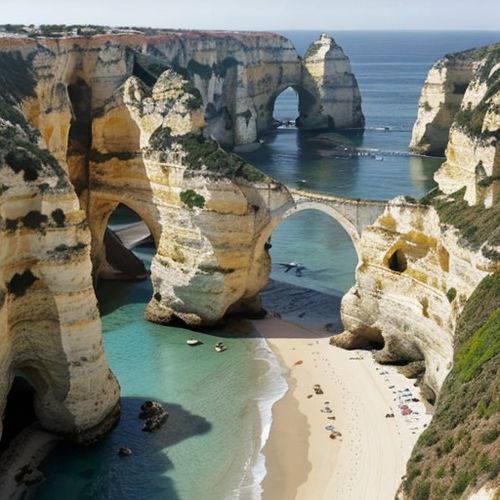
By Emily Johnson/Apr 11, 2025

By James Moore/Apr 11, 2025

By David Anderson/Apr 11, 2025
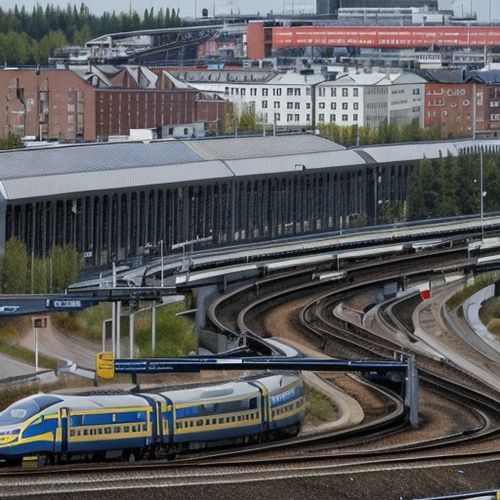
By Ryan Martin/Apr 11, 2025

By William Miller/Apr 11, 2025
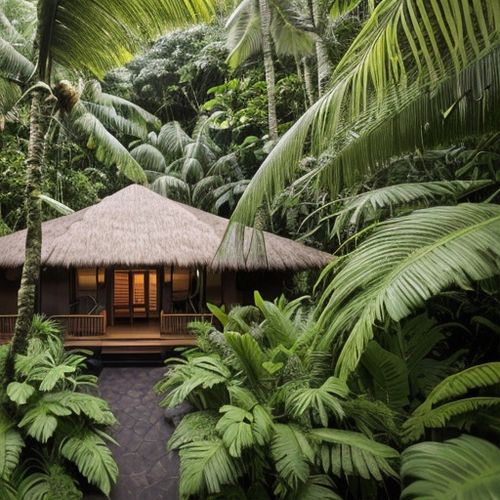
By George Bailey/Apr 11, 2025
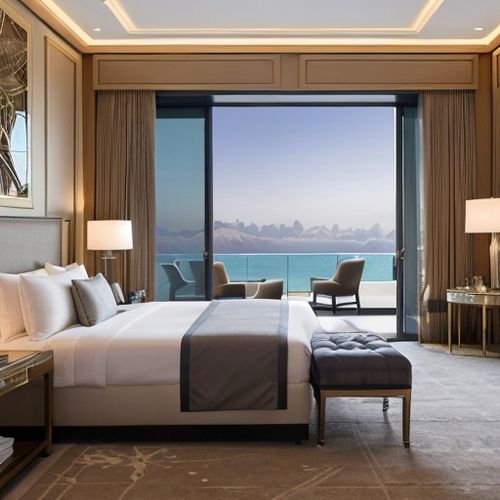
By Daniel Scott/Apr 11, 2025

By Sophia Lewis/Apr 11, 2025
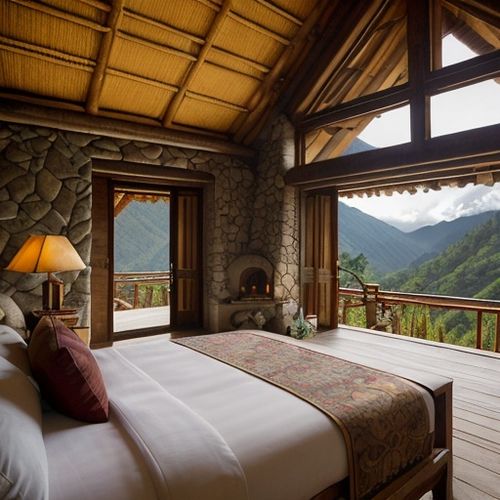
By Megan Clark/Apr 11, 2025
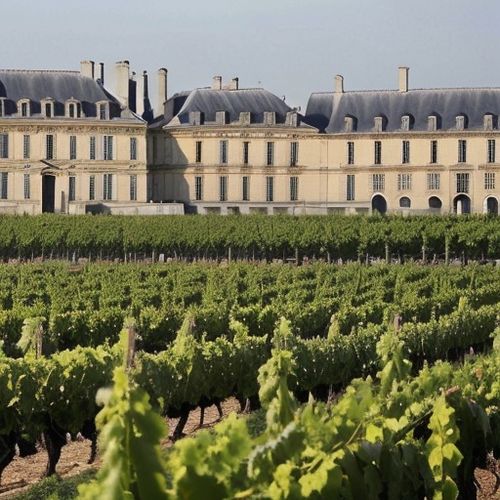
By David Anderson/Apr 11, 2025